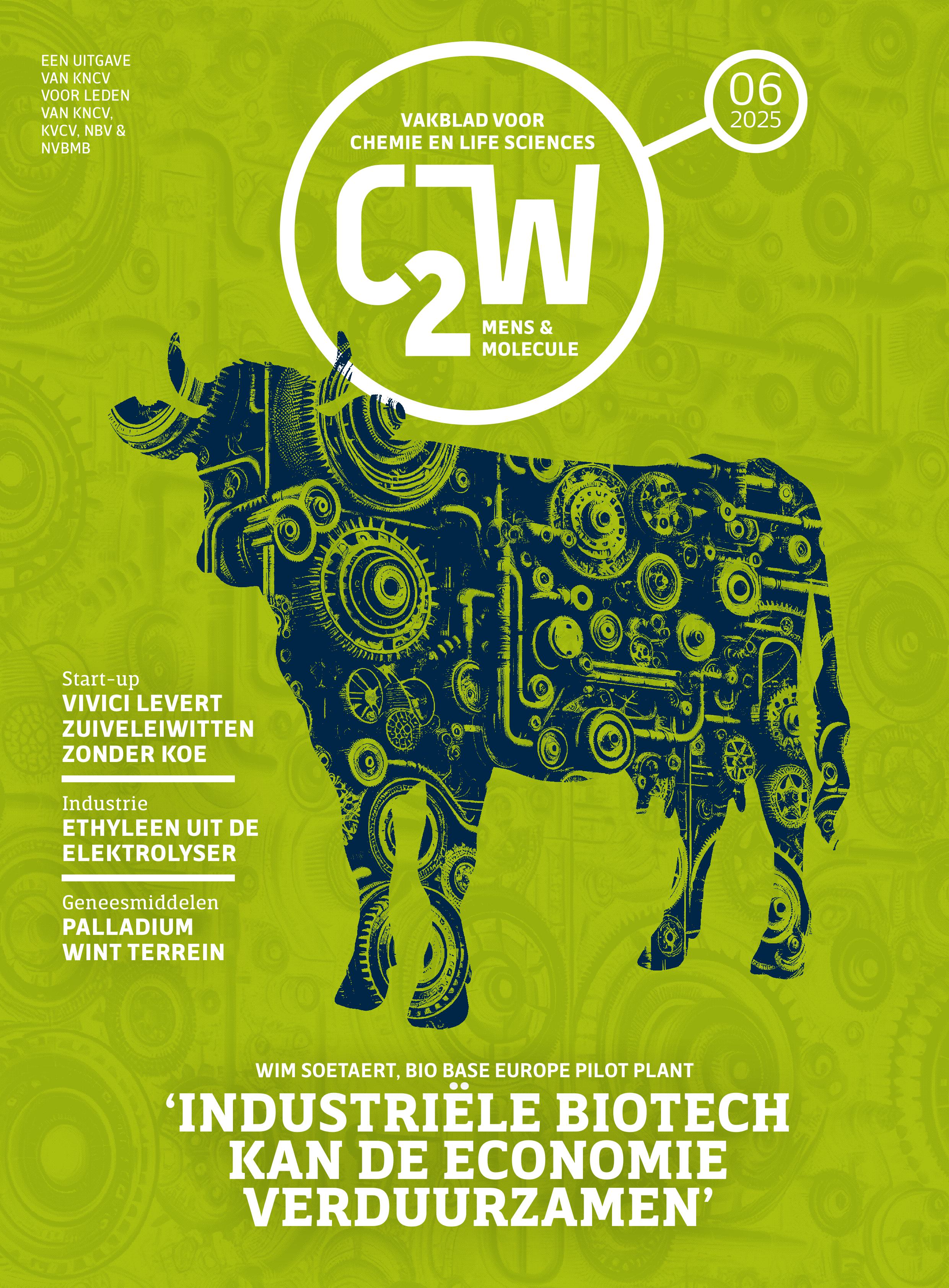Would you like to add an event to this list? Simply register your event using this form.
Integrated Environmental and Economic Sustainability Assessment of Steel Slags Mineral Carbonation in Agriculture as an Emergent Carbon Capture, Utilization and Storage Technology

Category
Ph D Defense
Date
2025-09-26 17:00
Venue
KU Leuven, Auditoria J.Monnet-M.Weber, Aula Jean Monnet, 01.30 - Parkstraat 51
3000 Leuven, België
3000 Leuven, België
Promovendus/a: Ponnapat Watjanatepin
Promotor(en): Prof. dr. Karel Van Acker
The growing demand for raw materials, driven by industrial and population growth, has significantly increased steel production, making it a major source of greenhouse gas (GHG) emissions and steel slag waste. While some slags are used in construction, concerns over environmental contamination limit their widespread reuse. This highlights the need for sustainable methods to valorize both CO₂ emissions and steel slags. Mineral carbonation offers a solution by converting steel slags and captured CO₂ into stable carbonates, enabling long-term CO₂ sequestration while repurposing waste slags, particularly when applied in sectors such as construction or agriculture. Mineral carbonation functions as a carbon capture, utilization, and storage (CCUS) process. This process is enhanced by its ability to use low-purity CO₂ streams like industrial flue gases. However, due to the energy and resource requirements of CCUS technologies, they must demonstrate net-negative GHG emissions to be considered viable. Life Cycle Assessment (LCA) and Life Cycle Costing (LCC) are useful tools for quantifying environmental and economic performance, respectively. Evaluating CCUS technologies requires balancing environmental and economic trade-offs, which often conflict. In addition to this, because many CCUS technologies are still in early development stages, industrial-scale data is limited which can hamper early stage LCA and scenario formulations. Moreover, temporal modeling is also a critical requirement for the evaluation of long-term carbon performance.The dissertation proposes, modifies and applies an integrated methodological assessment combining LCA, LCC, D-LCA, pLCA, and MCDA to assess the viability of steel slag mineral carbonation as a CCUS technology for agriculture. The integrated approach addresses the research question of whether the process is environmentally and economically viable, while offering a flexible decision-support tool for optimizing trade-offs. The findings indicate that mineral carbonation of steel slags has the potential to be both environmentally and economically viable, with net-negative global warming potential (GWP) demonstrated under specific conditions. However, this potential is dependent on multiple variables such as slag composition, carbonation duration, energy sources, and geographical agricultural conditions. Economically, the feasibility is influenced by factors including capital and operational expenditures, project type, and location. Through the use of MCDA/MCOA, optimal trade-off scenarios were identified, providing insights for stakeholders based on their environmental and economic priorities. The pLCA analysis highlighted future development pathways to improve environmental outcomes. This proactive approach to technology evaluation is crucial for guiding early-stage CCUS innovations, especially when empirical data are scarce. D-LCA also helped confirmed the necessity to perform active carbonation prior to the agricultural application in order to enhance passive carbonation in the agricultural fields.
The methodological approach introduced in this study serves as a valuable decision-support tool for technology developers, offering a structured method to assess and optimize emerging CCUS technologies without prescribing fixed value judgments. Although limitations exist—such as reliance on AgriCarb-specific data and model uncertainties—the dissertation outlines future improvements including expanded indicators, scenario generation, and automation using AI. Moreover, the study emphasizes the critical role of industrial symbiosis and supportive policy in scaling mineral carbonation. Industrial clusters can facilitate shared infrastructure for CO₂ capture and slag processing, enhancing cost efficiency and promoting circularity by distributing carbonated slags across sectors such as agriculture, construction, and chemicals. Policy instruments like carbon pricing and subsidies under schemes like the EU-ETS can further incentivize adoption. Ultimately, while mineral carbonation presents significant technical promise, its success relies on coordinated advancements across technological, economic, and policy domains.
All Dates
- 2025-09-26 17:00
Powered by iCagenda

